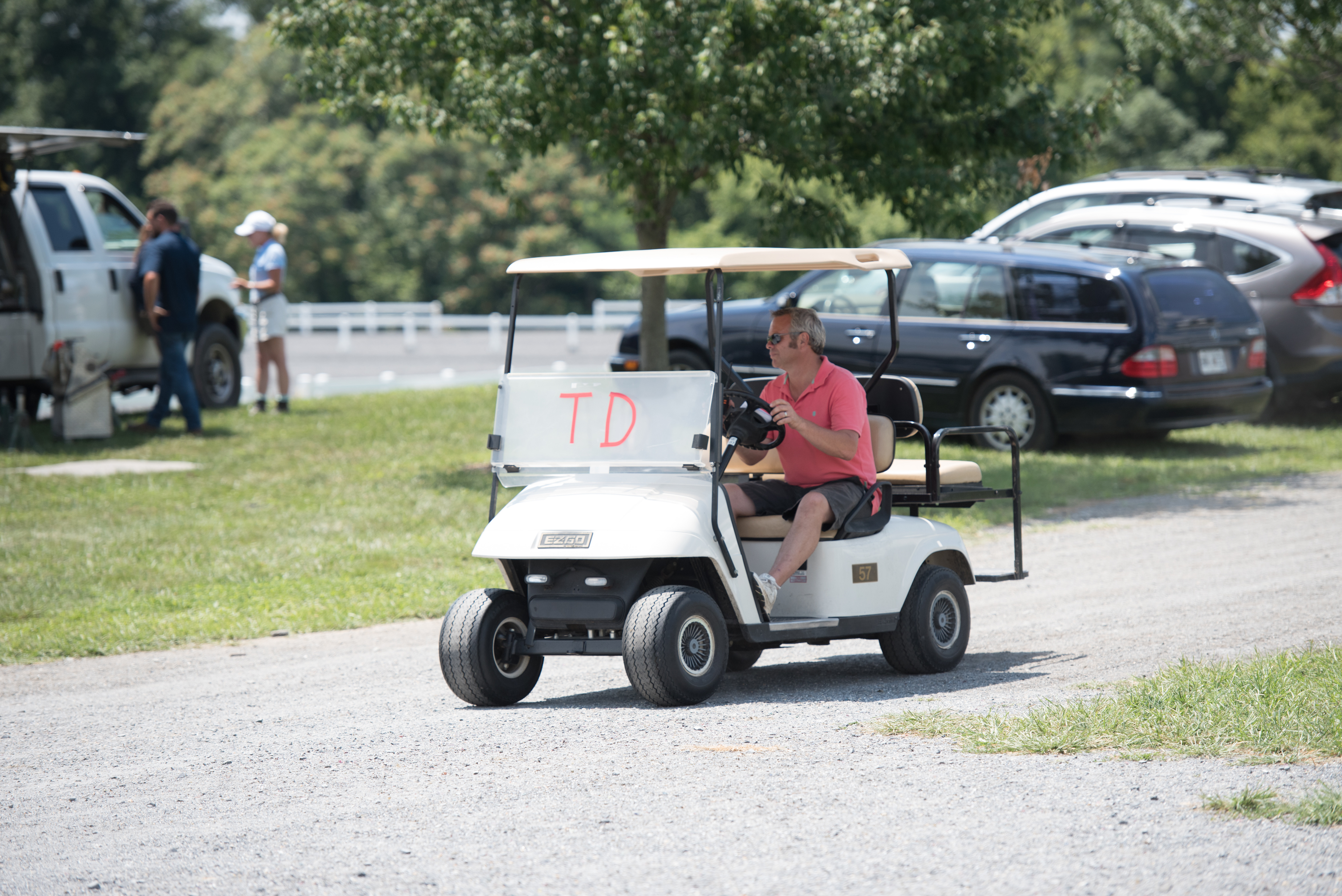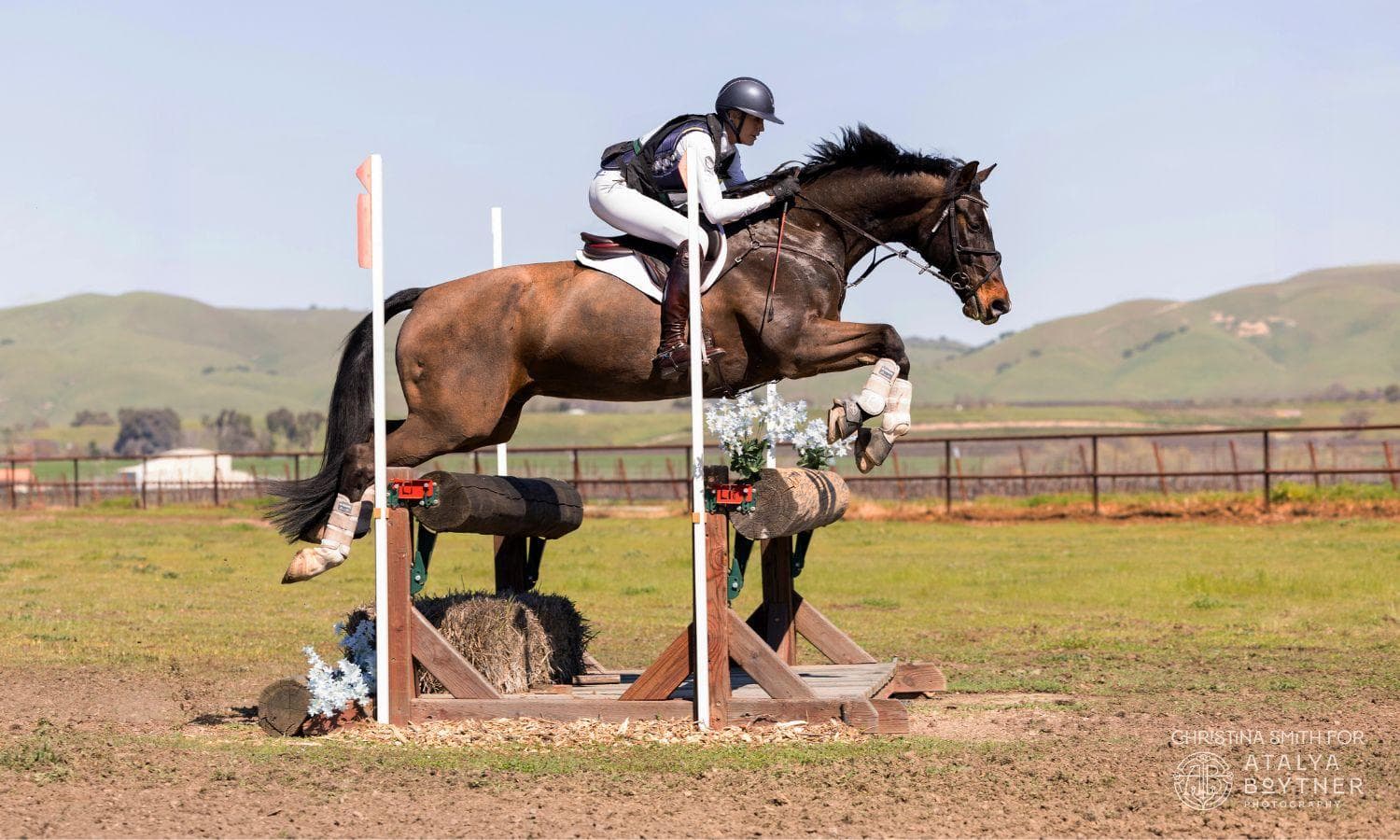Official's Journal: Learning Outside the Classroom

Erin Kimmer is on a journey to obtain her USEF “r” Technical Delegate license and is taking us along with her through the Training Program for Eventing Officials. Click here to read her first installment and click here to read about her experience at the B&C Jumping/Course Design Training Program.
The next step for potential judges after attending the training sessions is your apprentice judging. Apprentice judging takes all of the important information learned during the training session and shows how to apply it in real-world situations. While shadowing licensed officials, you get a much better understanding of how to apply the rules and what circumstances to take into consideration.
For Technical Delegates (TD), the majority of the work is done the day before the show. All cross-country courses must be measured for distances and jump dimensions. All of this information is collected for safety analysis, especially in the case of falls. The TD then confers with the President of the Ground Jury about the cross-country course and any concerns they may have before your course is open to walk. Show jumping courses get measured as well as dressage rings and checked to make sure they are set correctly. Stabling is also checked for safety before competitors arrive.
The day of the competition, the TD’s main and most important job is briefing the volunteers. Making sure that they understand the importance of their jobs and the safety aspects that our sport requires is of utmost importance. TDs must be able to explain our sports complex rules quickly and efficiently to those who may have never been to an event before.

Once the TD has completed the volunteer briefing, their job is to observe and be ready in the event that something happens and questions of rules come into play. Really any time a competitor has a question about a rule, the TD is the first official they will communicate with. The TD will meet with the competitor and listen to the competitor and find out what the question/issue is and then find how the rules then apply to their situation. If this does not resolve the issue, the TD then gathers all of this information together to present to the President of the Ground Jury for the final decision.
At the end of every event, the TD must fill out forms documenting the details of the event, especially if there are falls. Every fall is documented and details recorded to provide insight on how to make competitions safer. Even if no falls happen, data is still collected on how many stops or run outs certain jumps caused and this can be brought to course designers attention and changes can be made. The TD can also make suggestions on improvements for events as well as any suggestions on how things could be run more smoothly and safely.
Apprenticing really helps potential judges get a feel for what it is like to really judge. It is very important to be ready for anything and to be able to think on your feet. Knowing the rules is one thing, but being able to think calmly in certain situations and how to talk to people is another crucial skill. All of these skills are difficult to teach from a textbook situation but are much better learned in real situations.















